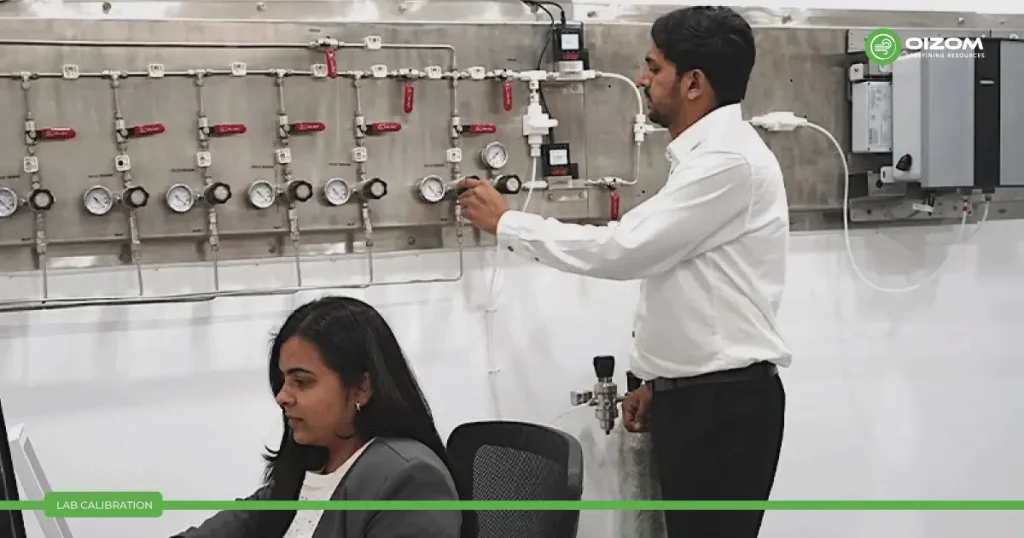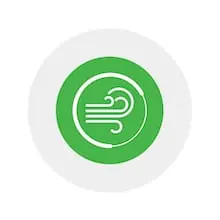Find the terms by letter
Lab Calibration
Definition
A clean and controlled environment is necessary for efficient calibration output. Gas cylinders with known parameters within recommended values should be available. To ensure correct results, nearby sources of ambient contamination need to be identified and eliminated. Furthermore, multiple readings help determine the consistency of sensor operation. Laboratory Evaluations – are typically short-term evaluations (e.g., hours) conducted in an environmentally controlled chamber. One or more sensors and the inlet(s) of a reference instrument(s) are placed in the chamber and exposed to different test conditions (e.g., high or low temperatures, high or low humidity, target and interferent pollutant concentrations and types) and the measurements are compared.
Definition and Description
Laboratory calibration is a process in which air quality monitoring sensors are tested and adjusted in a controlled and well-characterized laboratory environment to ensure their accuracy and reliability in measuring specific air quality parameters. This procedure typically involves exposing the sensors to known concentrations of target pollutants, varying environmental conditions (such as temperature and humidity), and potential interferents to assess their response and performance. Any discrepancies between the sensor’s measurements and the known values are used to make necessary corrections or calibrations, thus ensuring that the sensors provide accurate and trustworthy data when deployed for real-world air quality monitoring.




